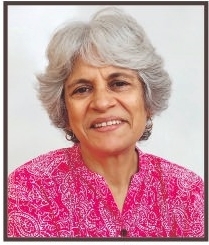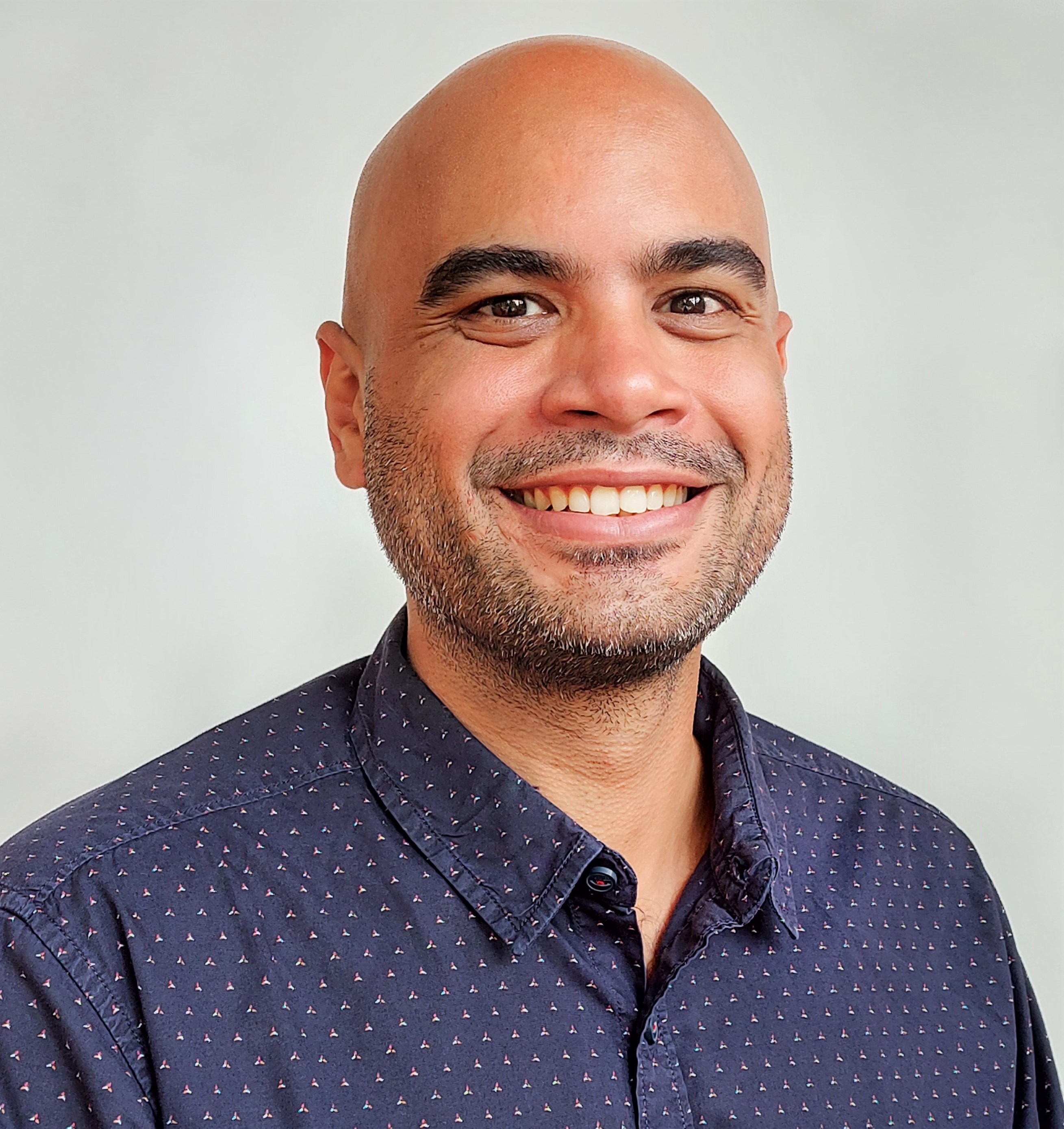Approximately 12 percent of children between the ages of two and nine years in India have some form of neurodevelopmental disability (NDD)—also referred to as neurodivergence—such as attention-deficit/hyperactivity disorder (ADHD), autism spectrum disorders (ASD), and learning disorders. Child and adolescent mental health disorders are prevalent in around 12.5–16.5 percent of the rural and urban Indian population.
We’ve noticed a sense of despondency among families when their child is diagnosed, arising from the perception that neurodivergent children will be a lifelong burden on them. This stems from disparities in access to services and education, fragmented and siloed intervention, and an overload of jargon and misinformation about NDD. However, this bleak perspective need not dominate the narrative. Without negating the reality that disability impacts children and families throughout their life—leading to emotional stress, isolation, financial strain, and burnout—it is imperative to look at the opportunities it presents, especially in a country like India where a sense of community remains strong.
Family-centred care (FCC) is an established service model for neurodivergent children that regards families as central to the care of children and prioritises collaboration between families and professionals. Focusing on this holistic, family-centred approach, the Sethu Centre for Child Development and Family Guidance (Sethu) was established in 2005 to address developmental and behavioural health challenges of children from birth to 19 years of age. Over the years, the model of care at Sethu has shifted from one that has been family-‘friendly’—where families are welcomed into the clinical process, but professionals lead the decision-making—to one that is resolutely family-centred.

Sethu is one of many community-based organisations in India working with neurodivergent children. What can the principles of FCC teach us about how we support these children and their families? Why does FCC lead to better outcomes? How can we assure that not only the child but also the whole family is considered and cared for? We explore these questions based on our experiences of adopting FCC in our work.
Why families are critical to the care of neurodivergent children
1. Families are the experts
Families spend the most time with their children and witness their growth and behaviour in different contexts. They are the first to identify signs of neurodivergence and recognise when their child needs support. This could be due to issues at school; difficulties in speaking, walking, or making friends; and so on. Families have great ideas for dealing with these challenges because they are the ones facing them. FCC recognises that the knowledge and experience of being ‘at the front lines’ makes them key players in devising effective supports for their child’s needs. We ask children and families about what is going well and what isn’t, about the children’s interests and talents, the resources available to them, their family culture, and the kind of support they need. Leveraging family inputs and expertise is valuable and essential in arriving at a diagnosis and developing an intervention plan.
2. Families are a constant presence
Families are present throughout a child’s life, providing continuous care and support. Neurodivergent children often interact with a range of professionals in different settings, such as schools and therapy centres. However, this contact is for limited periods, outside the daily lives of children. Families are the constant presence tying all these experiences together. Neurodivergent children often require repetition and reinforcement to learn and retain new skills or behaviours. Families are in the unique position to provide this consistency by integrating practice into everyday activities. For instance, in our Social ABCs programme for toddlers with communication challenges, parents learn strategies to build positive connections and communication with their children during daily routines such as play, meals, and bathtime. Empowering families can transform not only the child’s life but also the wider community due to the family’s interactions with schools, service agencies, religious groups, clubs, professional bodies, and so on.
3. Families are unique and diverse
Each family is different, and this diversity must be taken into account when working with them. Families have varied structures, roles, communication styles, and beliefs about the causes of the difficulties being faced by the child, as well as thoughts on how they should be disciplined. There is no one-size-fits-all approach, and support must be tailored to the family’s individual circumstances.
Families are best positioned to make decisions about the kinds of support they need.
More importantly, a family’s values and assumptions may differ from the professional’s values and assumptions. As experts on their own contexts, families are best positioned to make decisions about the kinds of support they need and how it should be incorporated into their lives. When a child is diagnosed with ADHD at Sethu, we educate the child and family on the neuroscience of ADHD and how approaches such as lifestyle choices (including diet, exercise, and sleep), behaviour management, and medication can help. We do not start medication unless the child and family are on board and in agreement. This way, the child is likely to cooperate better in following the intervention plan, and the family is able to support them adequately.


How professionals and organisations can incorporate FCC into their work
1. Shift mindset towards strengths and neurodiversity
By helping families recognise and utilise their child’s strengths, interests, and what brings them joy, we can help them see their child’s potential. The neurodiversity affirming approach acknowledges that disabilities such as autism or ADHD are not just labels but are part of a broader spectrum of neurodiversity, which comes with inherent strengths and unique support needs. The goal is to shift a family’s outlook from one that is deficits-based—that is, something is ‘wrong’ and needs fixing—to one that is strengths-based and embraces their child’s neurodiversity.
At Sethu, we avoid using terms such as ‘red flags’ to denote signs of autism or other conditions. This terminology can be problematic as it implies danger or suggests that something is fundamentally wrong. Instead, we use ‘early signs’, which shifts the focus to the child’s unique developmental trajectory. We tell families that children’s behaviours always make sense and help us know how we can provide better support. For example, a child who runs around in class may be responding to the stress of a noisy environment and the behaviour may not be a result of poor parenting or mischievousness. Families value this information as it frees them from guilt and anguish.
2. Promote family wellbeing, teamwork and support
Traditionally, intervention tends to solely focus on the child, with little to no consideration given to parental wellbeing. Parenting is a tough job and demands high levels of energy, patience, and equanimity. Parents rarely think about their own well-being, believing that their primary duty is to care for their children. However, the importance of parental mental health is undeniable because of the constant stress they go through as caregivers. We encourage—sometimes even force—parents to prioritise their well-being, asking simple questions such as, “If a genie granted you 15 minutes of ‘me time’, what would you do?” Their responses vary, but many parents mention activities such as taking a nap and listening to music. We discuss practical ways to incorporate these short breaks into their daily routines. Parents see the benefits of these moments of self-care and are encouraged to share their experiences to motivate other parents.
Nothing conveys “You are not alone” as powerfully as the emotional support of other families.
We’ve observed that the entire burden of care often falls on mothers, which also makes self-care time essential. Our experience is that fear and ignorance (rather than malice or obstinacy) keep other family members disengaged from the therapeutic process. We do our best to contact spouses, grandparents, and trusted family members to emphasise their importance in the children’s lives. This is a rather effective way to enlist them in the child’s support team and eases the pressure on the mother.
Supporting not just one’s own family but also other families with lived experiences of disability can offer unparalleled emotional and practical help to all involved. FCC fosters these connections. Nothing conveys “You are not alone” as powerfully as the emotional support of other families. Sethu’s online parent support groups, hosted via Signal, bring families together and provide a safe, confidential, and welcoming space for sharing and assistance. The first autism parent group started in 2019 with approximately 30 parents. It has grown into a robust network of more than 550 family members who learn from each other and celebrate good news. Parents have shared tips on how to talk to teachers and advocate for their child, as well as explaining why behaviour such as eye contact should never be forced.
3. Listen to and collaborate with families
Parents are often the first to notice developmental delays, and their observations are vital. Being non-judgmental and using open-ended statements such as “Help me understand” can foster meaningful dialogue and reveal critical insights. During a session at Sethu, a teenager with autism and ADHD (AuDHD) was too upset to speak directly to the clinician. The clinician then asked his mother to tell us what had happened. However, while the mother was speaking, the clinician checked back with him to confirm that the account was accurate, encouraging him to provide more details for clarity. This small act of involving him in the narrative was crucial—it gave him control and allowed us to get to the heart of the matter.
Children and families often come up with novel ideas to deal with challenges because they know what works. A teenager with attention problems once shared that she could concentrate better on homework while listening to a familiar podcast, as this acts as white noise. FCC empowers parents by involving them in the decisions around interventions. When developing intervention plans, the expectations and preferences of the family have primacy.
A collaborative partnership is a shift from the ‘clinician-as-expert’ model to a ‘shared expertise’ model. The clinician is the expert in intervention strategies, whereas the family is the expert on their child and their context. While the clinician is responsible for coaching intervention strategies, the family determines how best to incorporate them into their lives.
A shift to FCC can be challenging for families and professionals alike
One of the primary challenges in adopting a family-centred approach is the significant shift in thinking that it requires. The medical model, in which professionals are expected to ‘fix’ problems, is deeply ingrained. It can take time for families to embrace the collaborative nature of FCC. At Sethu, we follow FCC practices from the very first interaction with a family, continuing through the registration process, assessments, communication of diagnosis, intervention planning, and monitoring.
A thorough understanding of the family is necessary for effectively customising care. We achieve this by talking to them at every stage, asking multiple questions, and gathering information via simple forms. This requires time, effort, and patience, which can be frustrating for families eager to start the intervention as soon as possible. We try to mitigate these frustrations by setting expectations about the length of the process and identifying simple strategies to help bring out the best in the children from the get-go.
Institutionalising FCC in India is critical in order to support children with disabilities and neurodivergence. To successfully implement this approach, professionals must be trained to view families as equal partners and to understand and value their knowledge, wisdom, and experiences, ensuring more comprehensive and inclusive care. When working in the space of childhood disability, we embark on a long-term relationship with every child and family. Hence, a collaborative partnership based on trust and mutual positive regard is critical to achieving positive outcomes.
—
Know more
- Learn about the rights guaranteed under the Rights of Persons with Disablities (RPwD) Act, 2016.
- Read more about the impact of integrating family-centred care to improve neurodevelopmental outcomes.
- Learn how to create a neurodiversity-affirming family environment.






